“The counterterrorism job will be harder now that we have lost access to Afghan territory and to most of our contacts and partners there — that is much of why I opposed the U.S. withdrawal — but it is far from impossible, especially if we are vigilant,” writes Michael O’Hanlon. This piece originally appeared in The Hill.
With the tragedy of Afghanistan’s collapse mitigated only by the relative lack of violence in the process of the Taliban takeover to date, the Biden administration faces a major foreign policy and strategic challenge. The decision to leave when we had a reasonably stable, if indefinite, presence of only 3,000 or so U.S. troops was a poor strategic calculation, since we already had dramatically downsized our presence in Afghanistan from the 100,000 troops of a decade ago, squaring the scale of our commitment with the magnitude of our interests.
The way it was done helped to precipitate the complete collapse of the Afghan security forces by allowing virtually no time or preparation for an orderly process that gave the Afghan government time to develop a “triage strategy” for holding onto at least part of the country. The uncertain status of so many friends of the United States who are still stuck in Afghanistan brings a poignant human rights dimension to the miscalculation as well.
But all that is, alas, already history. Where do we go from here? From a foreign policy perspective, there are two chief questions. First, what should our Afghanistan policy now become, in terms of counterterrorism and also human rights? Second, how can President Biden and his team recover their sea legs and convey to the world that the United States is not somehow weak, irresolute, or undependable in parts of the globe where the consequences of war could be even greater than in Afghanistan — to include Korea, Taiwan, and eastern Europe?
The answer to the first question requires “carrots and sticks,” positive incentives as well as threats. If the Taliban truly do respect amnesties to previous government officials, soldiers, police and members of civil society, as well as other friends of the West — to include religious minorities and, of course, women — we can find a way to live with them and even collaborate with them (to some extent) on helping to rebuild the country.
Certainly the prospect of diplomatic relations is reasonable to consider. So is limited humanitarian assistance to help preserve some of the gains in health and education that have been achieved these past 20 years, and to fight the COVID-19 crisis, and to recover from the wounds of war. To be sure, in dealing with a Taliban organization that took power by force and that killed so many innocents over the years, the scale of U.S. and other donor help should be modest — potentially in the low hundreds of millions of dollars annually, rather than the billions of dollars that characterized recent years. But, provided that the disbursement of aid can be monitored and its proper uses confirmed, this idea is not outlandish, any more so than it was to give food aid to North Korea at times of extreme drought or flooding in past years, for example.
But speaking of North Korea, our deterrent against future bad action by the Taliban should be stiff and our threats severe. The Taliban seem to have enjoyed holding court in the presidential palace in Kabul in recent days. We know where that potential target and other government infrastructure and assets are located. A group threatening westerners or allying with al Qaeda in the future should know no sanctuary for its leaders (domestically or abroad), if the specter of violence becomes a serious consideration. If they strike us, or help others to do so, or help others prepare to do so, we must retaliate fiercely.
While we cannot, and need not, monitor all potential links between the Taliban and al Qaeda, we likely can find evidence of any substantial concentration of al Qaeda personnel or assets on Afghan soil using long-range drones, listening aircraft, satellites and whatever shreds of human intelligence networks may survive the power transition in Kabul. The counterterrorism job will be harder now that we have lost access to Afghan territory and to most of our contacts and partners there — that is much of why I opposed the U.S. withdrawal — but it is far from impossible, especially if we are vigilant. Long-range or over-the-horizon counterterrorism verges on the oxymoronic, and is much less efficient than the alternative, but it is not impossible given the resources we have at our command.
What about the broader U.S. role in the world? Many will wonder if a president making this kind of decision, with this kind of result, in his first year in office may lack the backbone needed to lead the world’s top military power with all of its alliances around the world. Even though President Biden is very experienced in Washington, he is not experienced in the Oval Office and some will question his basic mettle.
The first observation I would make is that, while this concern is real, it should not be overdramatized. When helicopters flew off the roofs of our embassy in Saigon in 1975 in an eerily similar scene to what has been playing out these past few days in Kabul, Soviet and North Korean leaders did not see a window for aggression. Relatedly, Donald Trump constantly disparaged America’s alliances and allies, yet no one attacked the latter during his tenure — perhaps largely because our ongoing foreign military presence from Japan and Korea to Poland and Germany to the waters of the Persian Gulf and Western Pacific made it clear that we would, in fact, likely respond to most potential provocations or attacks. All of those alliances and military deployments remain intact under Biden. Moreover, in fairness, President Biden has just committed to keep U.S. forces in Iraq, albeit in a scaled-back posture and role, and he shows no signs of pulling U.S. forces out of other countries, either.
But I do worry about Taiwan, especially given China’s strong interests there, combined with the uncertain American commitment (we broke off diplomatic relations and treaty obligations four decades ago, of course). Some are calling for the United States to end its policy of strategic ambiguity and declare that it would, with treaty-like dependability, defend Taiwan militarily in response to any Chinese attack. I fear that a change of policy could do more harm than good, provoking China — and hardly guaranteeing a straightforward military win if we did fight, given the balance of power now so close to China’s shores.
However, it would be a good time to underscore to Beijing that, if China attacked Taiwan, some type of very strong American and allied response would be inevitable, whatever the proximate cause of the conflict. In particular, the economic relationships could never again be the same, and in the event of a serious conflict, we would at a minimum “decouple” comprehensively and definitively from our trade and investment relationships with China as fast as that proved possible. Military force would remain one potential tool for us to employ, but we would not be limited to that option. A discussion along these lines, ultimately formalized in the Biden administration’s national security strategy when that is completed, could help to shore up our deterrent and credibly answer questions about the president’s resoluteness.
Afghanistan policy has failed, but we are not without options about where to attempt to steer things next.
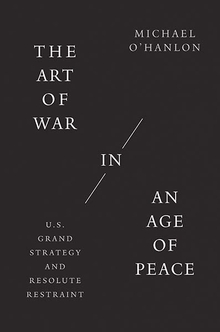
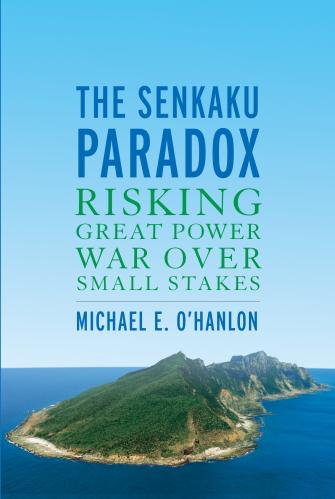
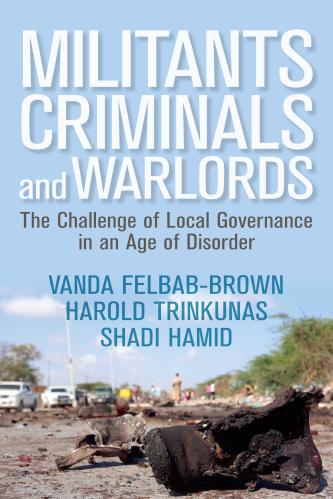
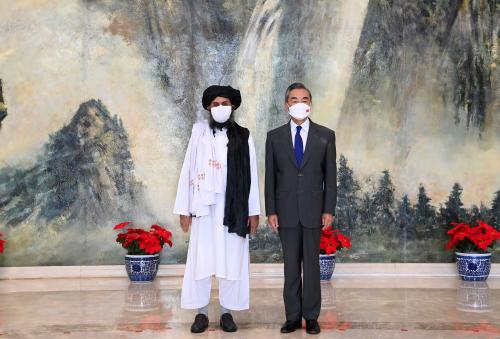
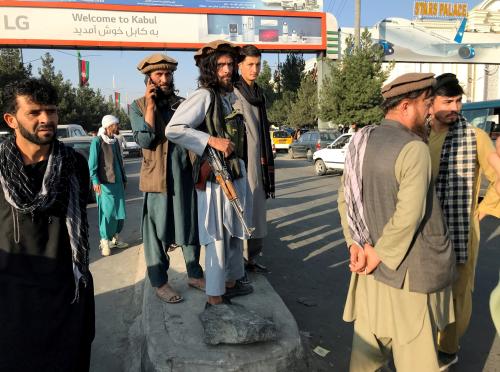
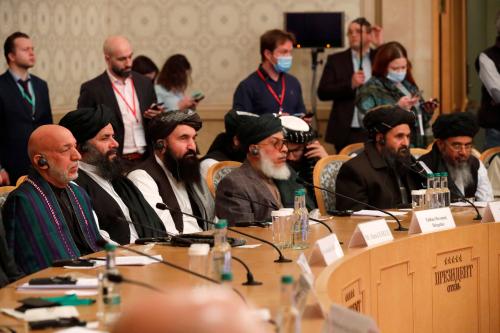

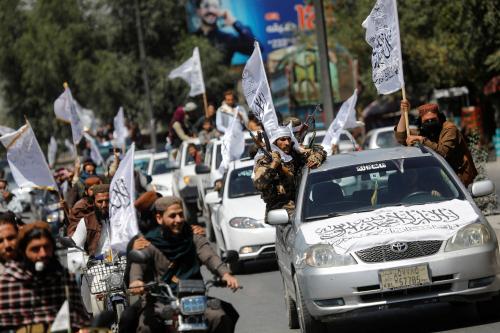
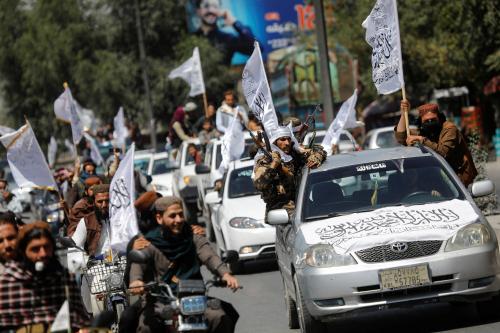
Commentary
After Afghanistan, where next? Biden must show resoluteness
August 20, 2021